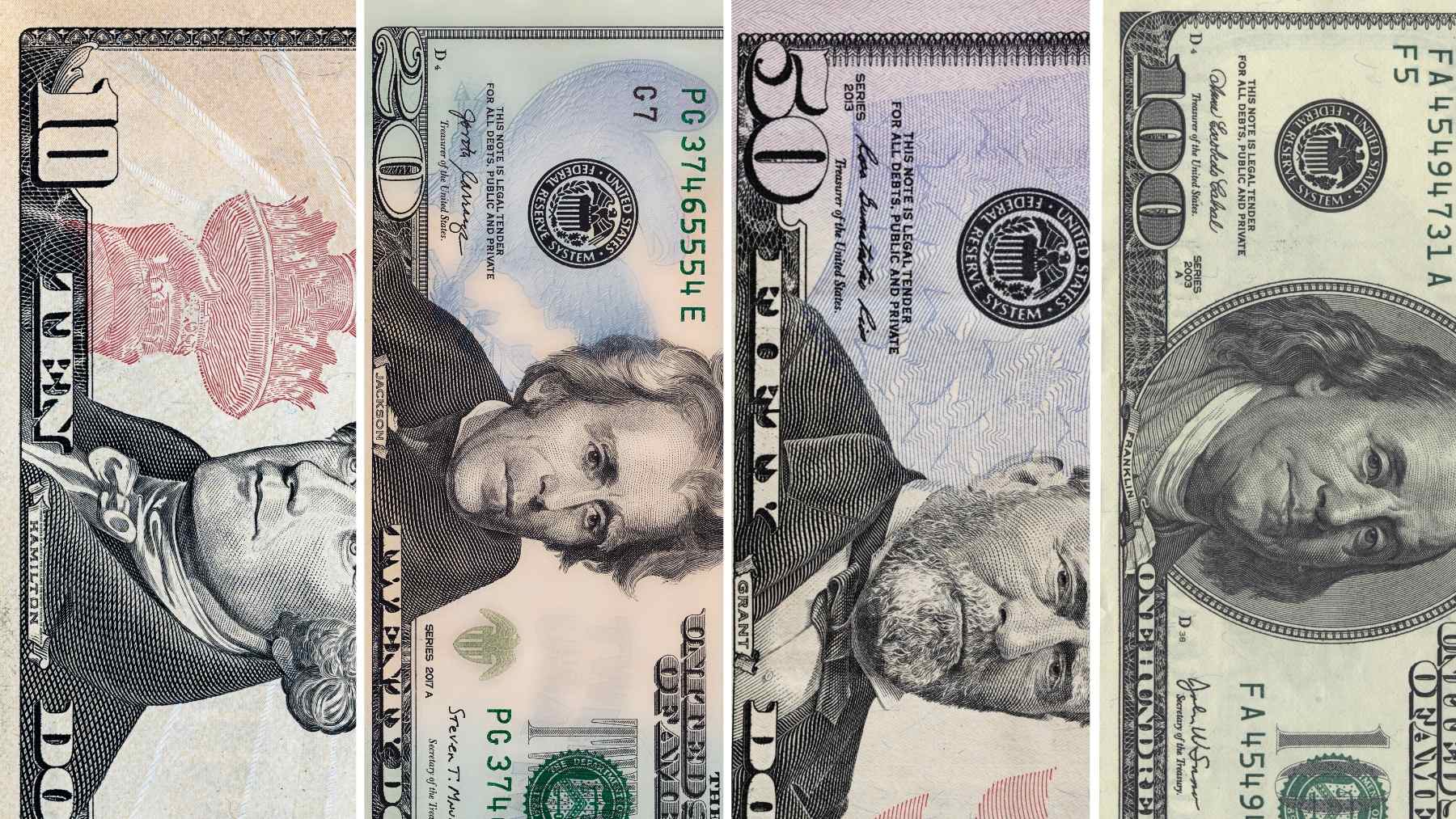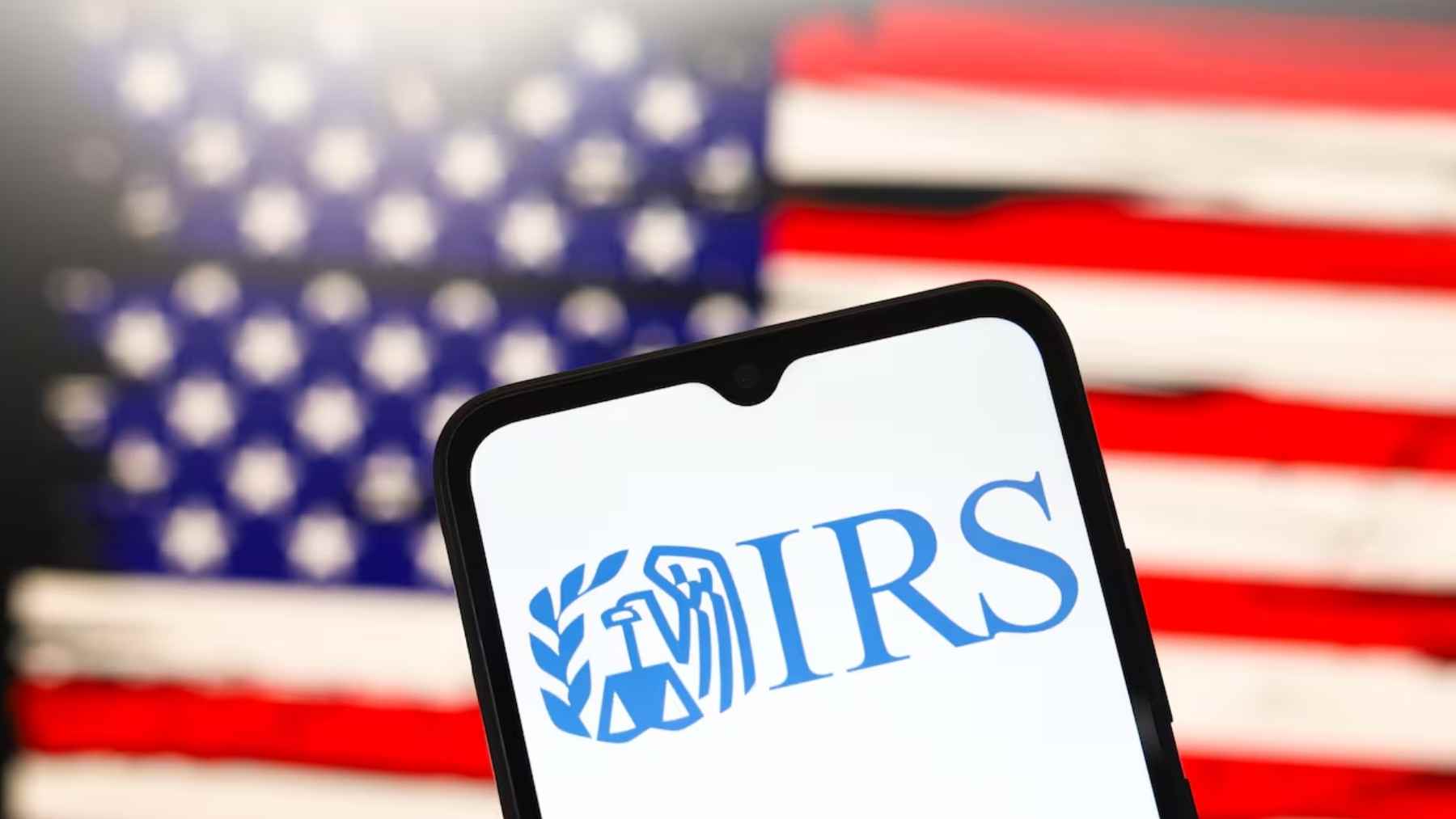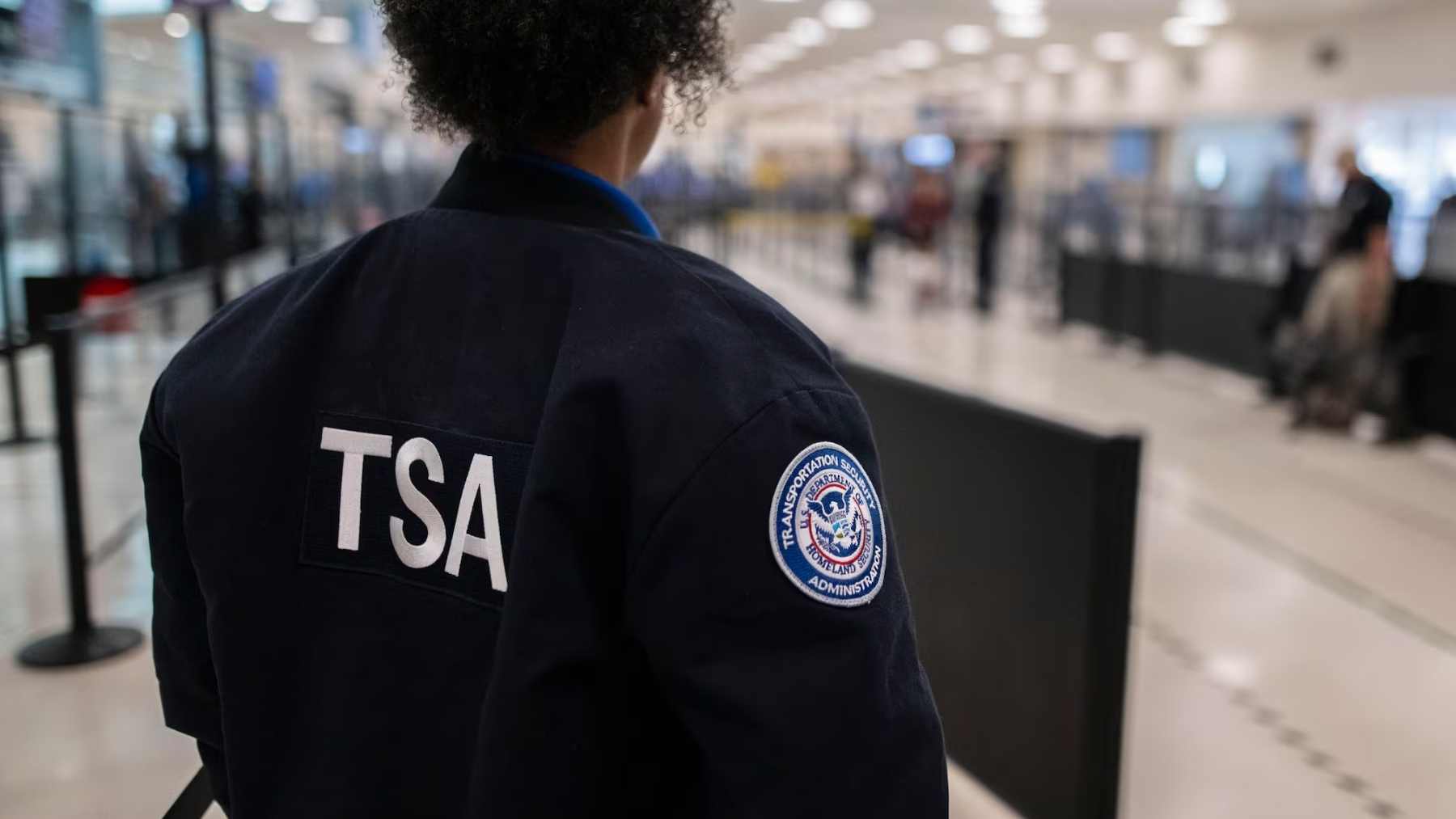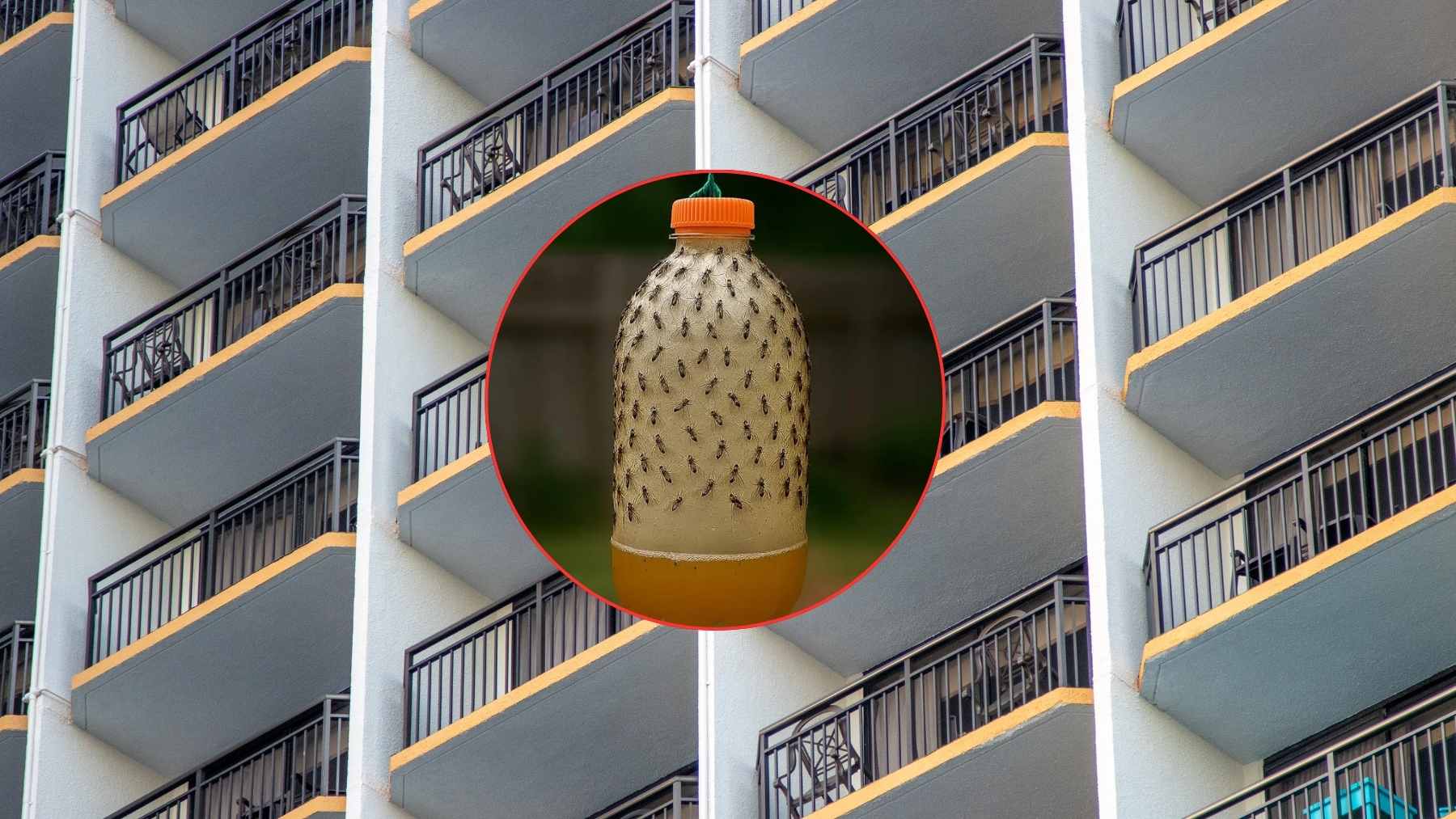Residents of this state can expect a new payment to be coming their way soon. While federal income tax season for this year concluded in April, with the majority of tax rebates and credits being distributed by now to residents, individual states continue to need to manage their own tax programs and rebates. Not just limited to state income tax, there are other spheres of life in which residents, depending on the state you live in, may need to pay tax on to their local authorities, meaning more rebates may be coming your way.
Tax season is not over yet across states
When it comes to taxes, the federal income tax usually gets the most attention from citizens. Tax season is generally a period occupied by increased stress by working individuals, especially those who are self-employed or possess multiple sources of income, as reporting your income to the Internal Revenue Service (IRS) can be a confusing time if you do not have a stable and consistent source of income or if your income sources are not generated through work-based acitvities scuh as employement.
Additionally, federal income tax season becomes more confusing when it comes to differentiating between filing your income tax versus actually paying federal income tax. Generally speaking, every citizen who earns an income must file a tax return with the IRS. Additionally, if you want to qualify to receive tax credits such as the Child Tax Credit, you need to file with the IRS even if you do not necessarily end up paying the IRS any tax.
If that is not confusing enough, individual states also require their residents to adhere to their own taxation requirments, and not just limited to income tax. Some states require their residents to pay tax on property, sales tax on specific products, and other municipal additions such as inheritance tax.
Who qualifies for this payment in this state?
Nonetheless, amidst a confusing tax landscape, if you understand your tax laws correctly, you can claim back and receive up to a substantial amount in rebates and tax credits. New Jersey Division of Taxation began its application period for residents to apply for the Affordable New Jersey Communities for Homeowners and Renters (ANCHOR) program.
ANCHOR is intended to bring property tax relief to both homeowners and renters. To apply, you must meet the following criteria:
- You have been a New Jersey resident since October of last year
- Your 2024 gross income was not more than $250k as a homeowner and $150k as a renter
- You have owned or rented your main residence since October 1, 2024, and you have paid property taxes on the home, or your rental was subject to property taxes
- Renters need to ensure that their name is on the lease and that they have been paying rent
The deadline to apply for the program is October 31 of this year, with those who have already applied expected to receive their payments from September 15.
How much will you receive in payment?
If you are eligible for the ANCHOR program, you can expect to receive the following in tax rebates as a homeowner:
- If you have a 2024 gross income of $150,000 or less, you will receive $1,500
- If you have a 2024 gross income between $150,000 to $250,000, you will receive $1,000
If you are a renter, you can qualify for up to $450 in property tax rebates. Additionally, if you are 65 years or older, you will receive an additonal rebate of $250. This means that if you are a senior citizen and your gross income is less than $150,000 you can receive up to $1,750 in tax rebates. In addition to New Jersey, other states also offer their residents opportunities to claim back property and rental taxes; a welcome initiative amidst the homeownership crisis.
Disclaimer: Our coverage of stimulus checks, tax reliefs, tax rebates, tax credits, and other payments is based on the official sources listed in the article. All payment amounts and dates, as well as eligibility requirements, are subject to change by the governing institutions. Always consult the official source we provide to stay up to date and obtain information for your decision-making.












